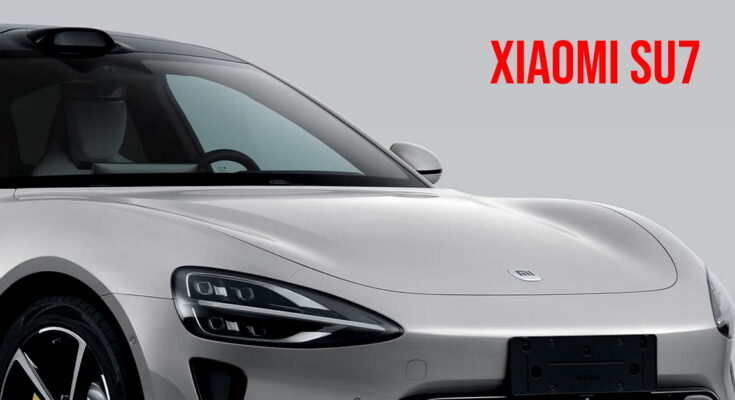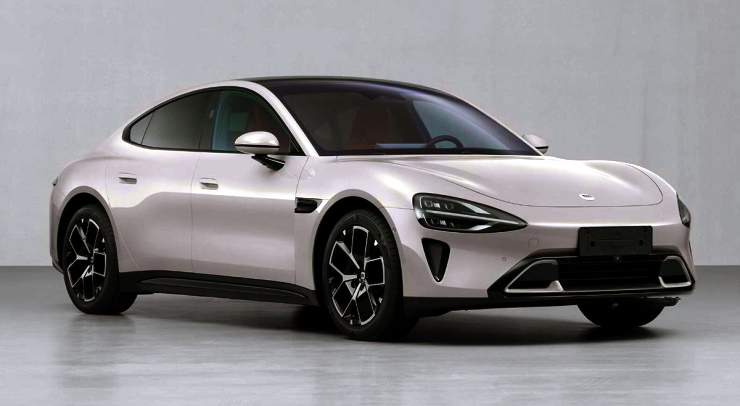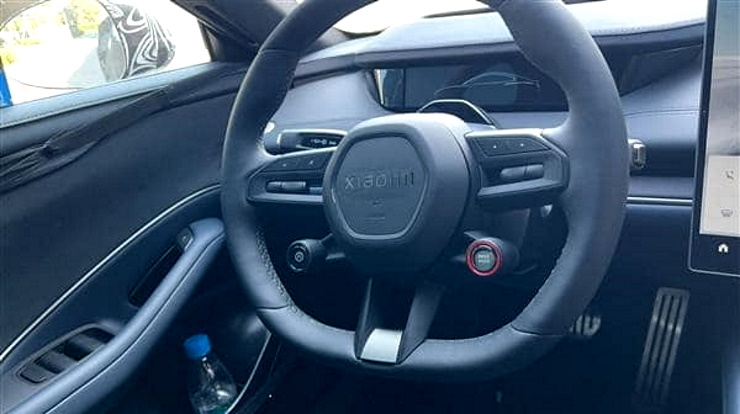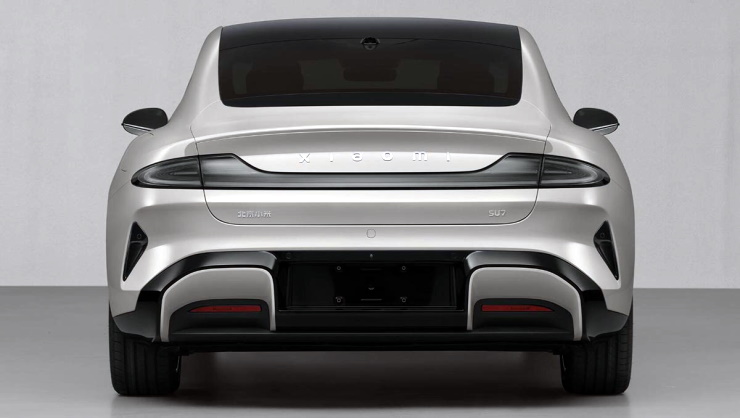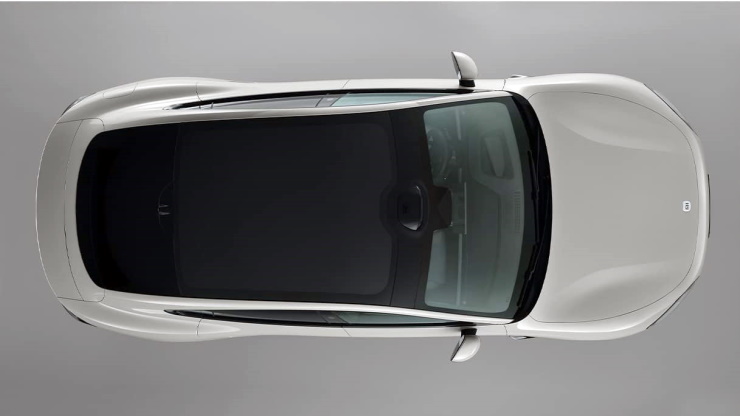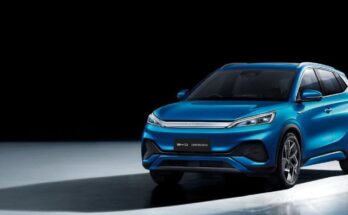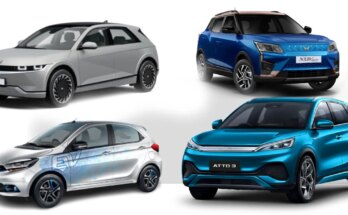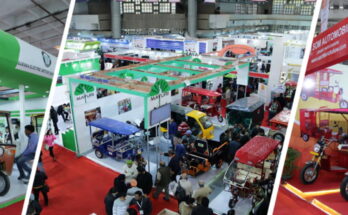Xiaomi, the renowned smartphone maker, has unveiled its inaugural electric vehicle (EV) in China, and it’s set to be named Xiaomi SU7. The company has applied for a sales license for this electric sedan, which will be manufactured under contract by Beijing Automotive Industry Holding Co. Ltd (BAIC). The vehicle, previously known by the codename MS11, has now surfaced with key specifications.
In China, the approval of every car by the local regulator is a prerequisite before its market debut. Xiaomi’s EV, the SU7, is currently undergoing the homologation process. Despite the automakers’ displeasure due to the early revelation of images and specs, we eagerly welcome the insights.
The Xiaomi SU7 is an electric sedan with dimensions measuring 4997/1963/1455 mm and a wheelbase of 3000 mm. It offers two wheel options—19″ and 20″—with tire specifications of 245/45 R19 and 245/40 R20, respectively. Xiaomi has presented two versions, one equipped with lidar and the other without. The lidar system is positioned behind the front windshield.
Intriguingly, images reveal a camera on the B pillar, suggesting the inclusion of a face recognition unlocking function in the Xiaomi SU7. The powertrain provides two options: a Rear-Wheel Drive (RWD) with a 220 kW motor and an All-Wheel Drive (AWD) with a maximum power of 495 kW (220 kW + 275 kW). The battery pack options include an LFP pack from BYD for the more economical variant and a ternary NMC pack from CATL for the higher-end model.
The curb weight of the Xiaomi SU7 is 1,980 kg, with a top speed limited to 210 km/h for the base trim. The higher trim model has a curb weight of 2,205 kg, achieving a top speed of 265 km/h. The MIIT filing reveals three versions: SU7, SU7 Pro, and SU7 Max, with certain trims featuring an active rear wing for added performance. The interior of the Xiaomi SU7 comes with two color options, one with lidar on the front windshield and the other without.
The electric motor model TZ220XS000 is crafted by United Automotive Electronics Co., Ltd. The vehicle features an Electronic Toll Collection (ETC) function, allowing automatic toll payments on toll roads without stopping. Xiaomi’s HyperOS, an in-house developed operating system used for both smartphones and cars, powers the in-car system of the SU7. Mass production of the Xiaomi SU7 is slated to commence in December 2023, with deliveries scheduled to start in February 2024. The BAIC Off-road Vehicle Co. factory in Beijing has already initiated trial production of the SU7, with dozens of test vehicles rolling off the assembly line.
It’s noteworthy that BAIC, the manufacturing partner for Xiaomi, also produces Mercedes-Benz cars in China, further showcasing its capabilities in the automotive sector.
Xiaomi, having announced its entry into the EV manufacturing space two and a half years ago, has stayed true to its commitment by unveiling the SU7. The company had previously disclosed an investment of 10 billion yuan (1.4 billion USD) in this ambitious EV project, reinforcing its commitment to the electric mobility landscape. In August 2023, Xiaomi took a significant step by registering the domain XiaomiEV.com.
Source link
